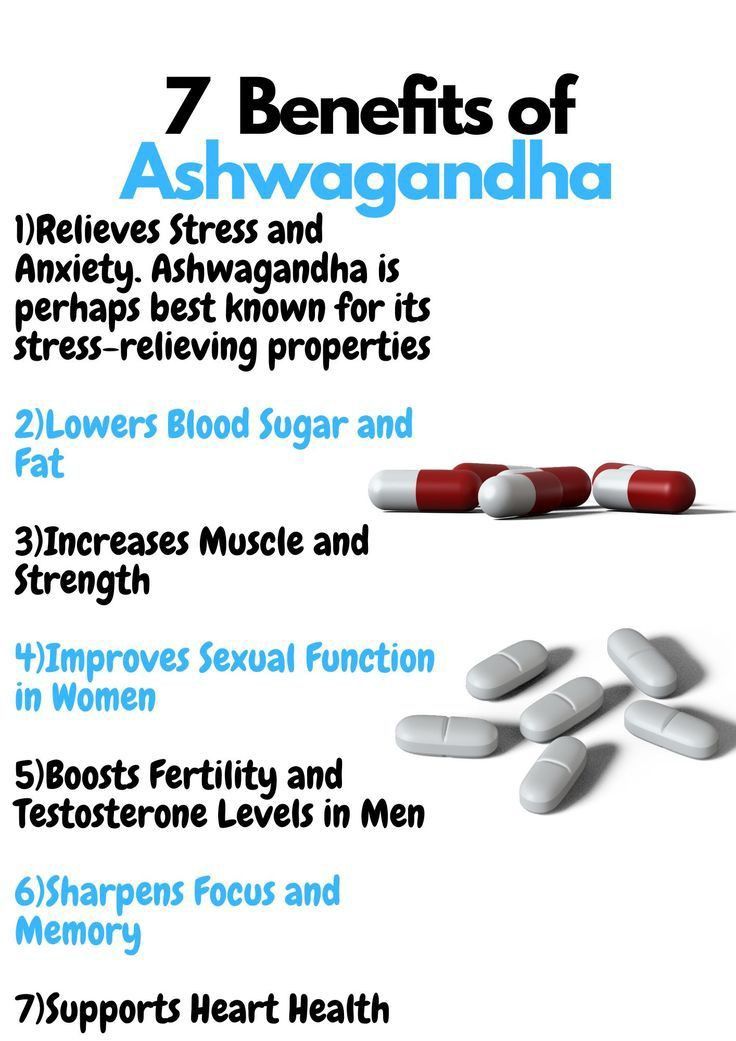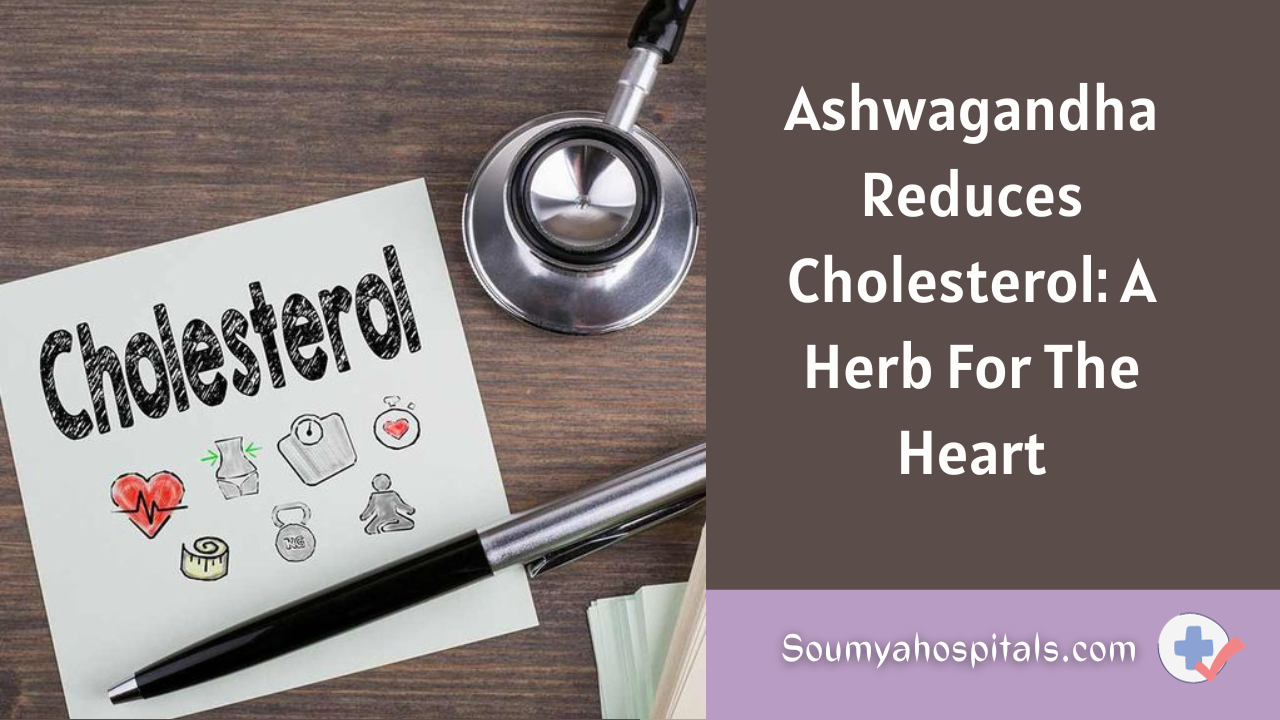If you are worried about your high cholesterol reading, do note that cholesterol isn’t all bad; you need it for a number of functions in the body. Also note that a high total cholesterol is normal as you grow older; but an imbalance in the low-density lipoprotein (LDL) and high-density lipoprotein (HDL) is worrisome. Researchers now also suggest that a high amount of VLDL or very low-density lipoprotein is more harmful because of its high triglyceride content. If your body has high amount of triglycerides and way more LDL than your HDL cholesterols can clear off, it faces a risk of heart disease, liver damage, and chronic inflammation. While statins lower the cholesterol levels by inhibiting production, they bring along a horde of long-term complications. A healthy diet can help balance your cholesterol levels naturally, as can staying active, and ashwagandha (Withania somnifera) may give you just the boost.
The ayurvedic herb ashwagandha, variously known as Indian ginseng and winter cherry can help. Ayurveda recommends the use of ashwagandha as a rasayana or a rejuvenator. Recent studies have found that ashwagandha has myriad health benefits, chiefly due to its high antioxidant content and stress-modulating ability. While it is not yet prescribed actively for cardiovascular diseases, this might soon change as studies on the subject gather steam.
Also Check: 6 Ways Ashwagandha Helps Reduce Heart Palpitations
Ashwagandha Lowers LDL, VLDL, And Triglycerides By Up To 15%
In one study on people with mildly high cholesterol, ashwagandha (3 g/d dried root powder) reduced the total cholesterol by 10%, LDL cholesterol by 6%, VLDL by 15%, and triglycerides by 15% in 30 days. It also raised the levels of the good HDL cholesterol slightly, by 4.2%, even though the test subjects had a higher calorie and fat intake.
Ashwagandha can help people with mildly high total cholesterol and LDL cholesterol levels. It can even lower the bad cholesterol in healthy people without any side effects.

In one study on healthy volunteers, ashwagandha (10 g/d for 10 days) reduced total cholesterol by 9.2%, LDL cholesterol by 14%, and triglycerides by 7.5% and increased the HDL cholesterol very slightly. There was a significant increase in muscle activity and reduction in body fat.
This lowering of cholesterol has been attributed to ashwagandha withanolides which have antioxidant action. They ensure that cholesterol levels do not rise due to oxidation. They also ensure that the LDLs are not themselves oxidized in the blood vessels to create plaque, thereby preventing atherosclerosis. The heart-protecting nature of ashwagandha is also linked to the fact that it is an adaptogenic (stress-modulating), anti-clotting, and anti-inflammatory herb.
Ashwagandha Improves Cholesterol Imbalances Due To Diabetes
An imbalance in cholesterol levels is often seen in diabetics since diabetes reduces HDL cholesterol and simultaneously raises the levels of LDL and triglycerides. This is known as diabetic dyslipidemia. But ashwagandha can help improve your diabetes symptoms, reducing blood glucose levels by 12%. It keeps up insulin production and increases insulin sensitivity, which helps the body use up glucose efficiently. This is what makes ashwagandha a one-stop solution for people with both diabetes and high cholesterol.
Ashwagandha Protects The Liver And Improves Its Functioning

The liver is the most important organ when it comes to removing excess cholesterol. HDL cholesterol takes the excess LDLs to the liver which helps flush it out of the body. Often, high cholesterol is a sign of a malfunctioning liver, which can happen if environmental toxins or long-term drug use increases free radicals in the body, and the natural antioxidant levels drop. Therefore, a high cholesterol level may also indicate that your body is under chronic inflammation.
In animal studies, ashwagandha has been seen to protect the liver from oxidative damage caused by medicines and toxins like carbendazim, a fungicide, as well as gentamicin, a common antibiotic. It also restores the natural antioxidants in the body and balances the thyroid hormones so that the liver can function properly. With the liver functioning properly, the body can control the cholesterol levels better.
Ashwagandha Has No Side Effects
Another factor that works in ashwagandha’s favor is the lack of any drastic side effects unlike those caused by statins – participants administered ashwagandha to lower cholesterol showed no adverse reactions to the herb.

The standard dosage for ashwagandha for overall health is 1–2 tsps ashwagandha leaf or root powder twice daily (3–6 g) or 600–1200 mg root or leaf extract. The recommended dosage of ashwagandha for lowering cholesterol is not yet known, but a study used 3 g per day for 30 days, and it was well tolerated. It’s best to speak to an ayurvedic practitioner to find out what dosage would suit you. Also pair it with other natural methods of lowering high cholesterol.
While more research is under way and it’s still early days, ashwagandha does offer hope in the fight against cardiovascular diseases and cholesterol. Further extensive studies will help throw light on the role of this power-packed ayurvedic herb in cholesterol management.
